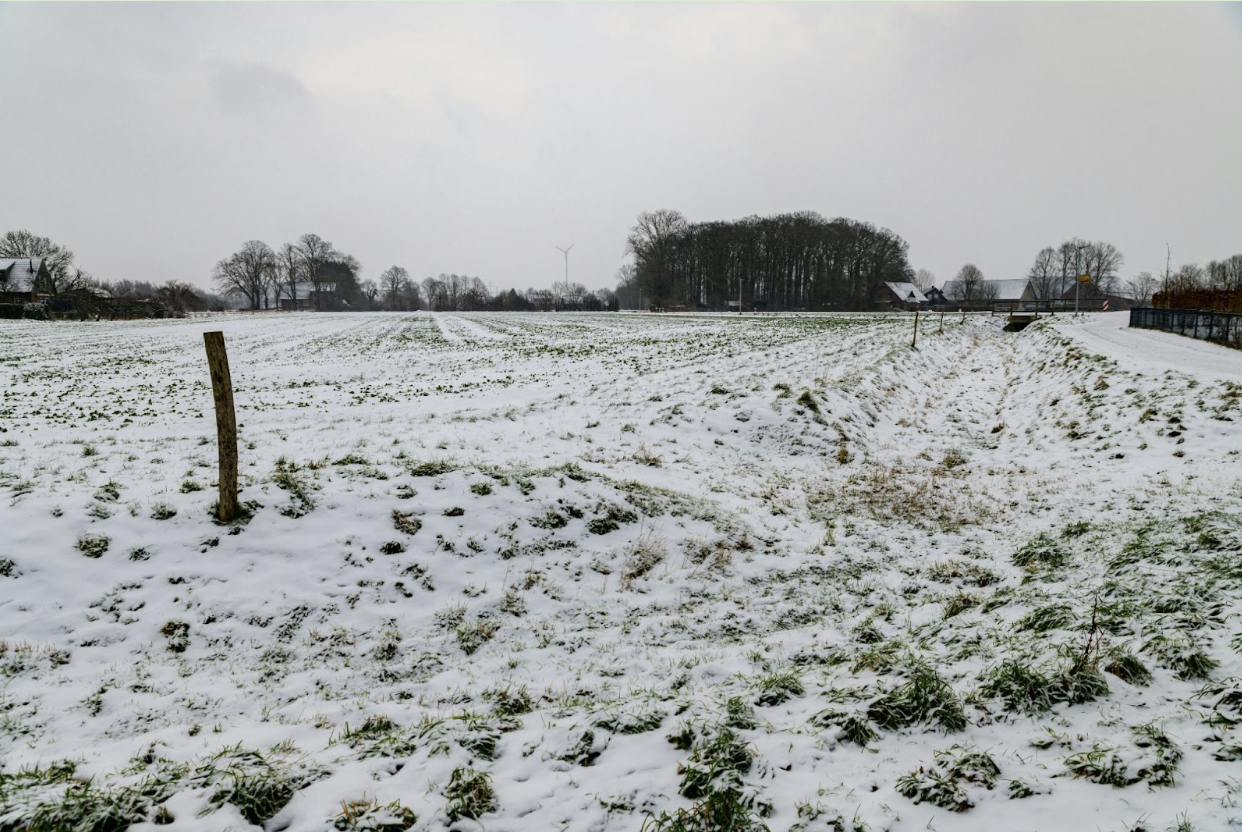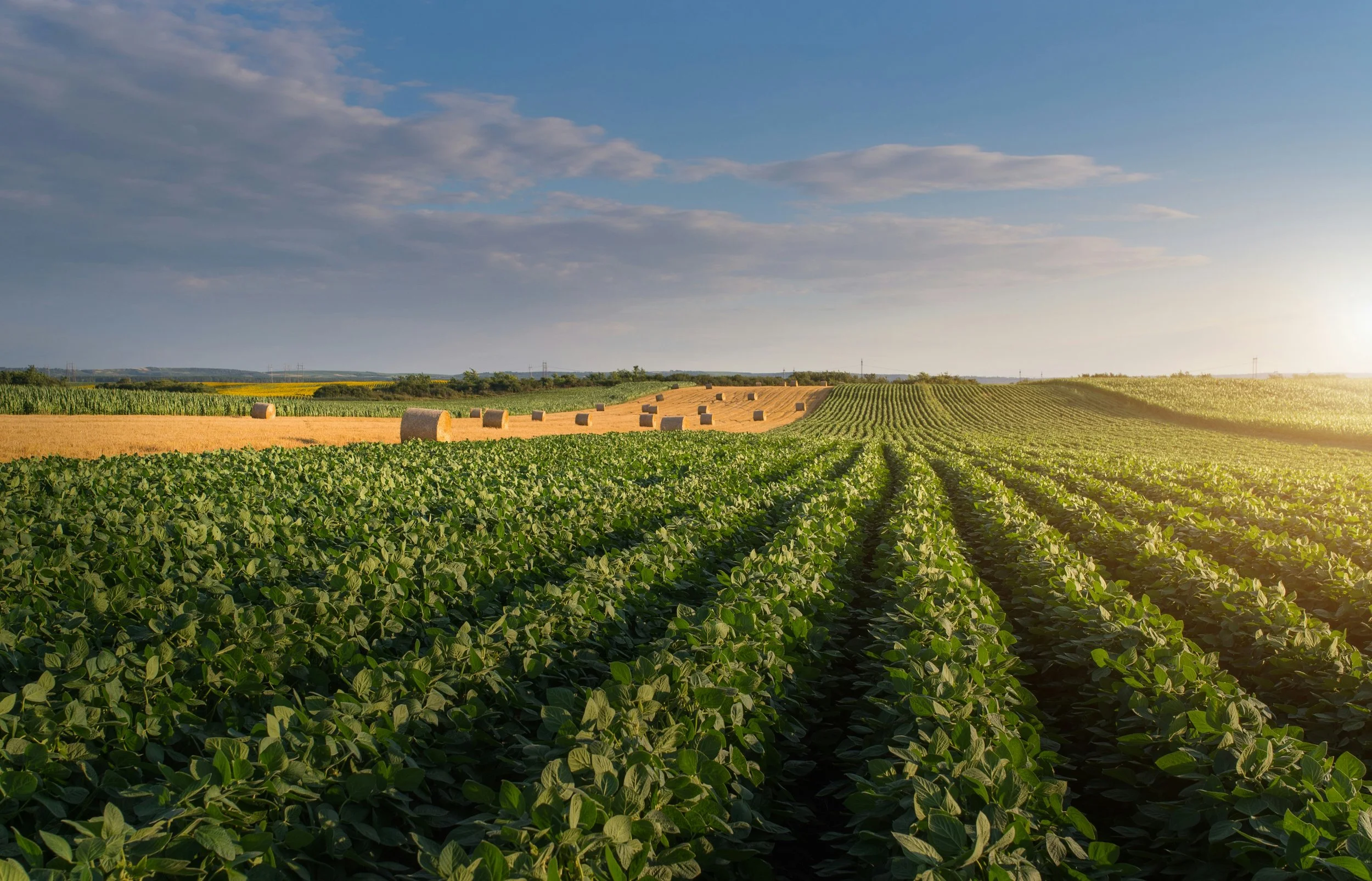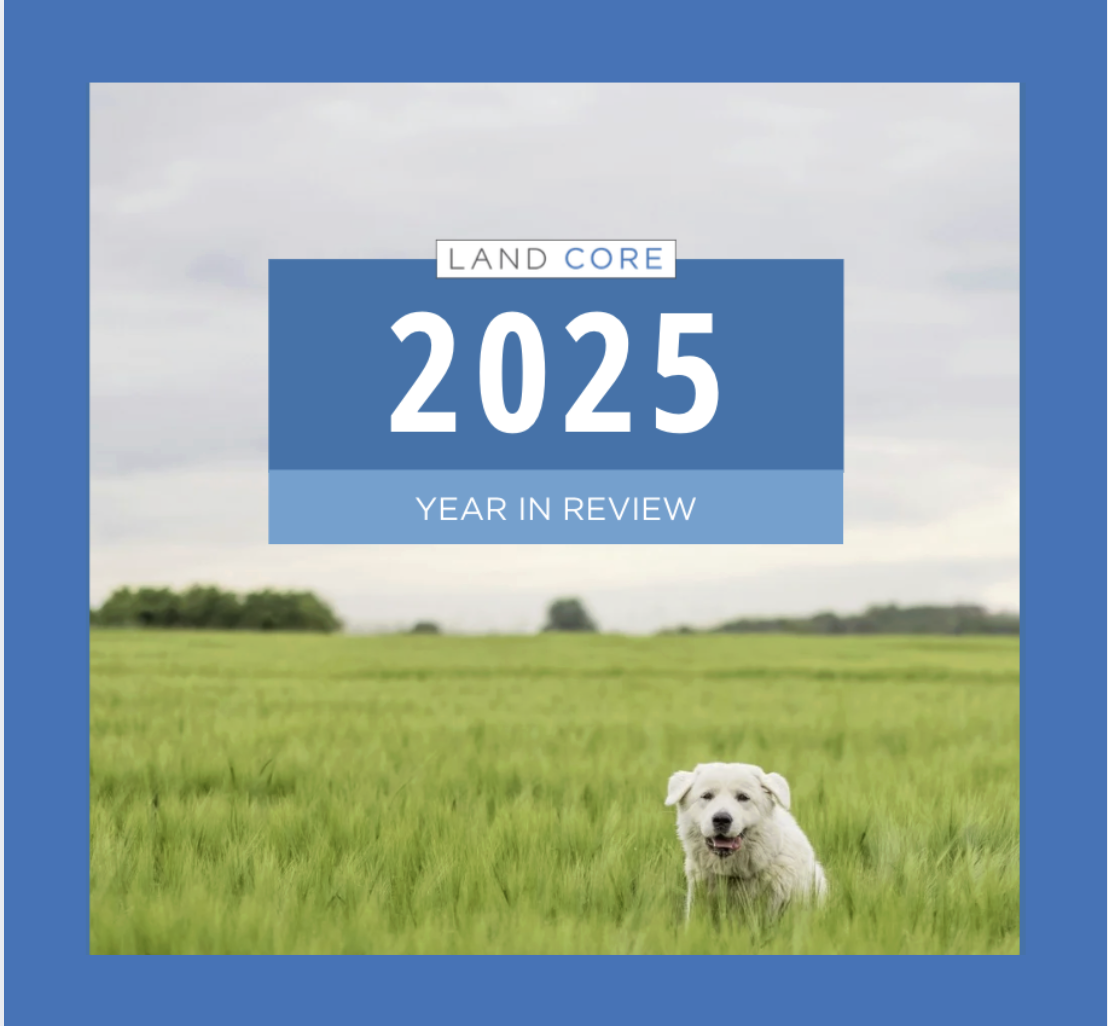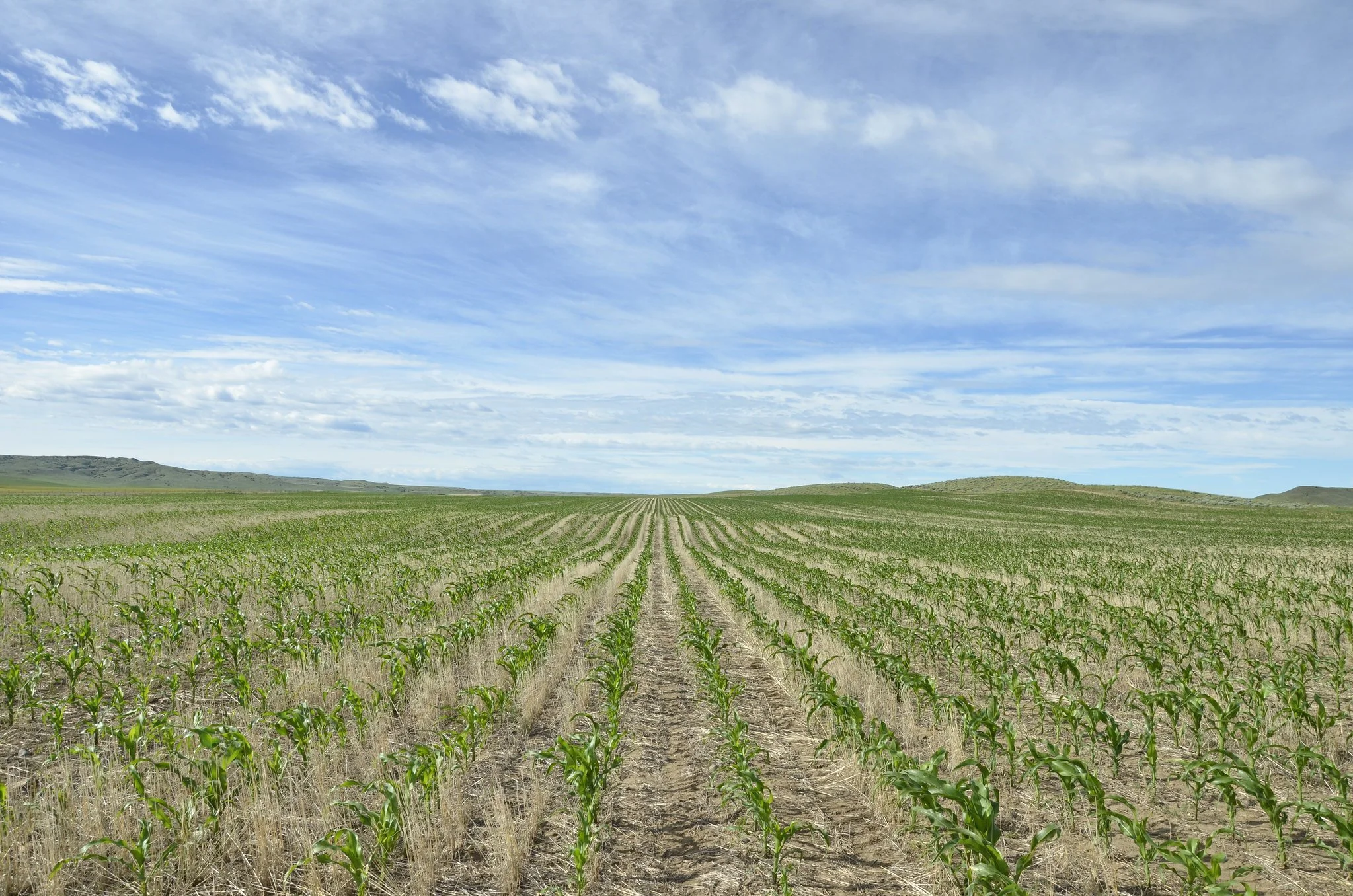Posts: All | Policy | Risk & Resilience | Education | Newsletters | Events & Announcements
On Friday, February 13, 2026, House Agriculture Committee Republicans released the text of the Farm, Food, and National Security Act of 2026, a draft of the long-overdue farm bill that has the potential to significantly shape US agriculture, conservation, funding, and research policy for the next five years. What follows is a brief summary, organized by Farm Bill Title, of key sections impacting soil health and resilient agriculture systems.
Dear friends & colleagues,
February has already been a busy month for American farmers, soil health, and agriculture policy… but the biggest news is that a new version of the long-awaited House Farm Bill was just released! Feedback on this new text (which came in at a whopping 802 pages!) has been varied, with Democratic opposition being made clear. Read our overview below, and check out the full bill text, a title-by-title 35-page summary, or an even shorter title-by-title 5-page overview.
Complete this Google Form to sign on to the Letter of Support for the SOIL HEALTH Practices Act.
The letter advocates for USDA to oversee research on the risk reduction associated with cover cropping, reduced tillage, diversified rotations, managed grazing, and other soil health practices over a 3-5 year timeline. If the research indicates reduced risk, USDA would be required to recommend appropriate discounts or incentives for producers.
We commend FCIC for expanding eligibility through the EARP Rule and encourage continued efforts to make crop insurance resources accessible to all producers. We appreciate the opportunity to provide these recommendations and stand ready to support FCIC in strengthening risk management tools that serve farmers nationwide. Land Core believes that federal crop insurance is a cornerstone of a modern agricultural economy and the farm safety net. By shifting incentive structures, farmers can build resilience, taxpayer costs can be reduced, and we can realign financial incentives with land management practices that protect both farm profitability and our nation's food and national security.
Dear friends and colleagues,
Happy New Year!
2026 is already filled with both opportunities and challenges for farmers, soil health, and American agriculture.
But before we get into all of the news, we're excited to share Land Core's 2025 Year in Review, which details our research findings, policy progress, and the partnerships we built to advance soil health this past year. Please share it with the soil health advocates, funders, partners, and producers in your network.
Without a doubt, 2025 will be one for the record books—bringing enormous changes, from the scope and scale of government policies impacting farmers to the emergence of soil health as a focus at the Department of Health and Human Services (HHS), as well as regenerative agriculture becoming more widely recognized and incorporated into USDA conservation initiatives. Between shifting trade dynamics, the growth of Food as Medicine initiatives, and the release of several groundbreaking studies on the economic benefits of soil health, it was a pivotal year.
Dear friends and colleagues,
As we’ve progressed toward the end of the calendar year, Congress continued to introduce (and reintroduce) a range of agricultural bills with implications for soil health. While the longest government shutdown in U.S. history slowed the regularity of presented legislation in October and November, as evidenced by the number of new marker bills introduced in this area, bipartisan support for soil health-focused legislation remains consistent.
Land Core is pleased to share findings from a recently released paper by Dr. Gina Pizzo, which directly informs our ongoing risk modeling work, and was written as part of our FFAR and USDA AFRI-funded project examining how soil health practices reduce risk.
The research summarized below advances Land Core’s ongoing work to quantify how known soil health practices build resilience in agricultural systems.
Dear friends and colleagues,
Like many of you, our plates are full as we wrap up year-end work and dive into strategic planning for 2026. It's a time to look back and reflect on this year's challenges, progress, and wins. Overall, Land Core is encouraged by the growing recognition that soil health practices not only reduce financial and crop yield risk but also support better health for American farmers and families.
We're also tracking opportunities to continue advancing soil health, including a possible January farm bill markup, while monitoring recent USDA actions that bring both promise and uncertainty for farmers facing unstable markets, high costs, and volatile weather.
Following the longest shutdown in the history of the United States federal government, a long-awaited and highly debated funding package, the Continuing Appropriations, Agriculture, Legislative Branch, Military Construction and Veterans Affairs, and Extensions Act, 2026, was signed into law on November 12, 2025.
The legislation provides a full year of agriculture and FDA funding for FY26 Appropriations, along with a one-year extension of the 2018 Farm Bill, in lieu of the long-overdue five-year farm bill. The bill makes significant funding adjustments for key agricultural agencies and programs, many at lower levels than Land Core’s prior recommendations to strengthen support for soil health.
Dear friends and colleagues,
Last week, the government finally ended a history-making 43-day shutdown, allowing USDA and other government agencies to resume providing critical services to American farmers and ranchers. While economically distressed farmers still face a rocky path to recovery, the funding package provides a full year of Agriculture and FDA funding, and a one-year extension of the 2018 Farm Bill, in lieu of the long-overdue five-year farm bill.
Dear friends and colleagues,
As we move deeper into fall, under the shadow of the government shutdown, the landscape of federal policy is shifting with substantial challenges for American producers. Now into its third week, funding for programs critical to soil health remains on hold.
Dear friends and colleagues,
Throughout the summer, Congress continued to introduce (and reintroduce) a variety of agricultural legislation with both direct and indirect implications for soil health. While tensions between political parties grew following the signing of President Trump’s One Big Beautiful Bill into law on July 4, 2025, bipartisan efforts to advance soil health-focused legislation remained ongoing.
Land Core previously identified four key policy recommendations in response to the Make Our Children Healthy Again: Assessment released on May 22, 2025. We noted that any public policy to address the chronic disease crisis and increasing nutrition insecurity should consider the soil from which food is grown.
Dear friends & colleagues, With a surprisingly busy summer behind us and harvest season well underway, the shifting weather serves as a natural reminder that we've entered the final quarter of 2025. Since our last newsletter, our team has been actively engaged in advancing soil health initiatives across the political spectrum. During August meetings on Capitol Hill, we attended a MAHA-inspired event on the Future of Farming at The Heritage Foundation, co-hosted with American Regeneration, underscoring the widespread political appeal of soil health and food systems that center human health.
Dear friends & colleagues,
Summer is a powerful reminder of the vitality and abundance that soil health brings to our landscapes and communities. During this time, the Land Core team has had the privilege of visiting partner farms that exemplify the transformative power of working with nature.
From the thriving, vertically-integrated systems of White Oak Pastures to the verdant fields of Matt Rales and Abigail Fuller’s new ranch in Ashland Oregon, our travels have taken us to the heart of soil health practices in action this month. These pioneering land stewards are more than just farmers, they are leading voices in a growing soil centered movement.
The connection between soil health and human health plays a pivotal, but often overlooked role in a wide variety of systemic health problems. A robust and growing body of evidence shows that biologically active, nutrient-rich soils yield more nutrient-dense foods, optimally supporting human health and development, while simultaneously building resilient food production systems. Any public policy to address the chronic disease crisis and increasing nutrition insecurity should consider the soil from which food is grown.
The reconciliation bill, which includes major changes to spending, taxation and the national deficit, also makes major adjustments to agriculture policy and programs, with the Congressional Budget Office estimating an additional $66 billion increase in farm program spending over 10 years.
Soil health, storytelling, and summer inspiration from the Land Core team
Looking to add to your summer reading (and watching) list? Here’s what’s been catching our attention lately—from a documentary you can watch with your family, to recent research on nitrogen use efficiency.



















